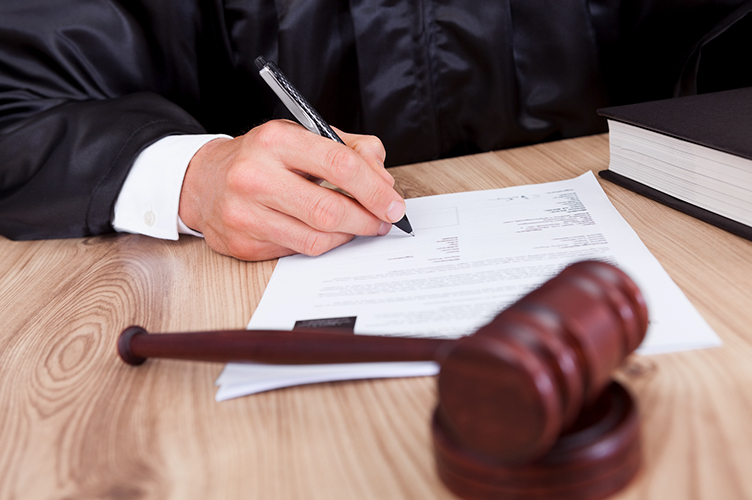I constantly strive to develop and acquire new knowledge, my experience and additional education confirm this.
Establishing the fact of death in the temporarily occupied territory
Establishing the fact of a person's death in the occupied territory is an important issue for heirs, relatives and other interested persons who are faced with the need to officially confirm this fact.
If it is not possible to obtain official documents about the death from the occupied territory, it is necessary to apply to the court for the establishment of the fact of death. In Ukraine, this is regulated by Article 317 of the Civil Procedure Code of Ukraine.
The procedure for establishing the fact of death in the occupied territory
Collection of evidence
It is necessary to collect all available documents and evidence that can confirm the fact of death. These can be:
- medical documents (death certificate, doctor's certificate);
- testimony of eyewitnesses;
- other documents that can confirm the fact of death (photos, videos).
Appeal to the court
In accordance with the current legislation of Ukraine, an application to establish the fact of the death of a person in the territory where a state of war or emergency has been introduced, or in the temporarily occupied territory of Ukraine, can be submitted to any local court of Ukraine. This allows for access to justice in conditions where official registration bodies in the occupied territories are unavailable or do not function properly.
Preparation of a statement to the court
The application must include:
- full name of the applicant and his relationship with the deceased;
- the circumstances under which the death occurred;
- reasons why the applicant cannot obtain a death certificate in the prescribed manner;
- evidence that confirms the fact of death.
Consideration of the case in court
The court considers the provided evidence and testimony. Witnesses may be heard at the court hearing. If the court considers the provided evidence to be sufficient, it issues a decision establishing the fact of death.
Drawing up a court decision
Thus, according to the legislation of Ukraine, a court decision in cases establishing the fact of the death of a person in the territory where a state of war or emergency has been introduced, or in the temporarily occupied territory, is subject to immediate execution. This means that once a court decision has been passed, it must be implemented immediately, even if the decision is appealed. Here are the key provisions of this process:
1. Immediate execution of the decision: the court's decision in cases of establishing the fact of death in territories with a state of war or emergency or occupied territories is subject to immediate execution. This ensures a quick response to situations where the need to establish such facts is critical for the rights and interests of applicants.
2. Appealing the decision: the court decision can be appealed in the general procedure established by the Civil Procedure Code of Ukraine. However, filing an appeal does not stop the execution of the decision. This is important to ensure legal certainty and immediate protection of applicants' interests.
3. Issuing and sending a copy of the decision: a copy of the court decision is issued to the parties to the case immediately after its adoption. Also, the court immediately sends a copy of the decision to the body of state registration of civil status acts at the place of adoption of the decision for state registration of a person's birth or death.
This allows you to quickly enter relevant data into civil status registers.
This process is important for the legal settlement of many issues that arise after a person's death, especially under occupation, where access to official institutions is limited or impossible. It is recommended to seek legal advice for the correct preparation of documents and support of the case in court.

































